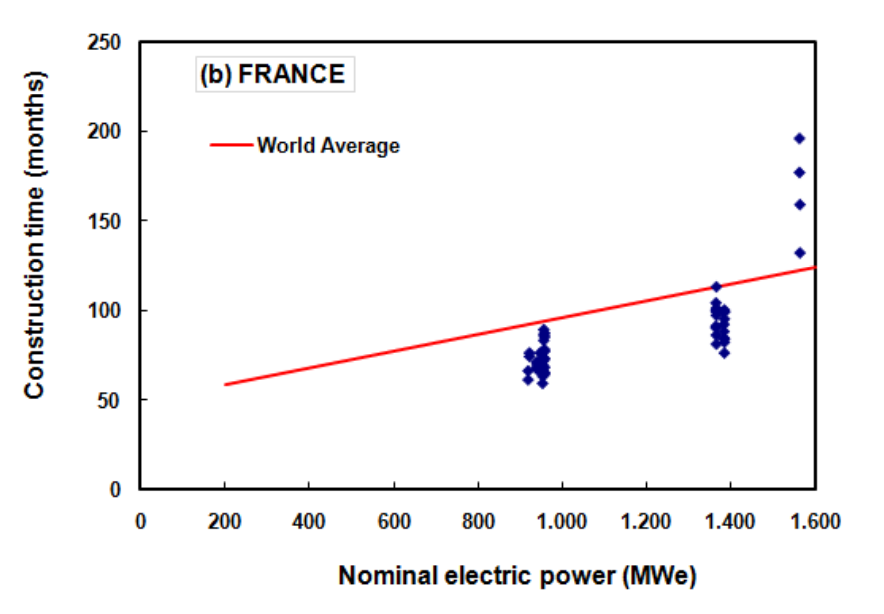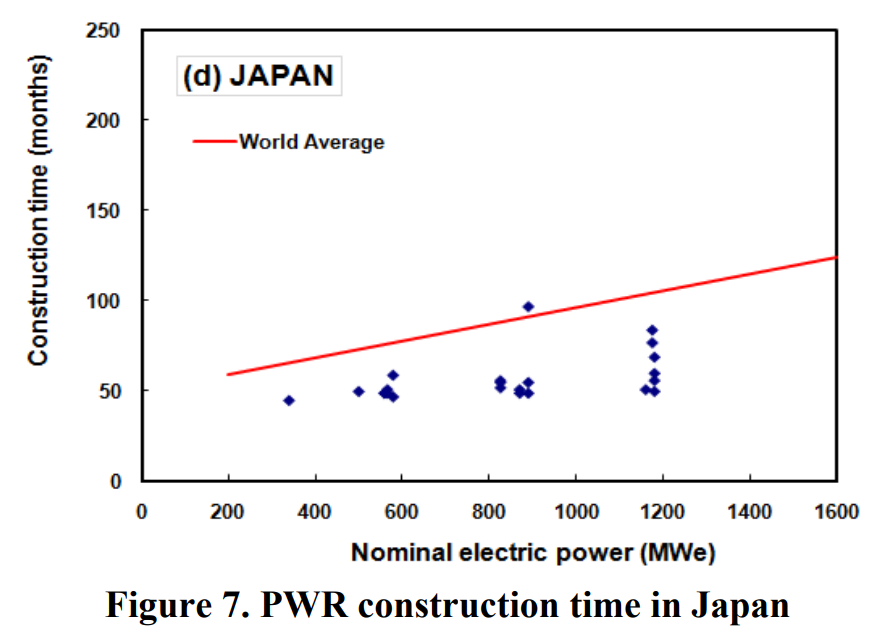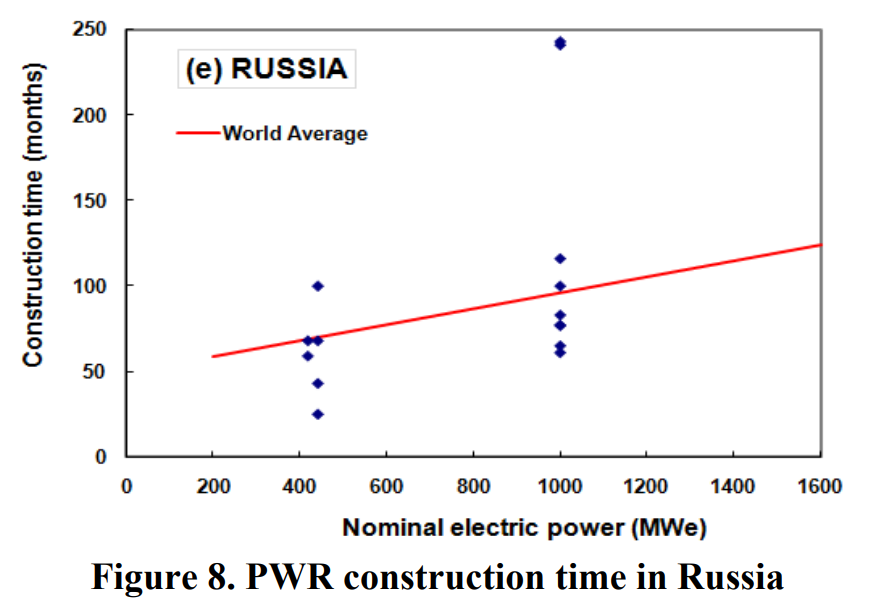Australia, I just want you to know before I get started that I love you and I don’t mean to hurt you. You’re surrounded by friends here and we just want what is best for you and all the rest of us. This is an intervention against your pointless fear. These questions were taken and paraphrased from here if you are interested in reading their original wording.
Note: I plan on turning this into a kind of official FAQ for this site so if anyone has any other questions that they would like me to answer about nuclear in a mildly to moderately sassy, yet still informative manner please visit the Contact Us page and send them in! Or follow and ask me on Twitter!
Q1. Aren’t nuclear reactors dangerous? And a target for Terrorists?
Short answer: No. and No.
Longer answer: Nuclear is the safest form of energy ever harnessed by mankind and we have the data to prove it.
Longest Answer: For all the people thinking “what about Chernobyl, Three Mile Island, and Fukushima?” let’s break down what those three actually were. Chernobyl was a tragedy brought on by producers being told to ignore safety protocols by the government to run tests to see if plutonium production could be increased at the height of the Cold War, at a reactor that was not designed to take worst case scenarios into account and instead relied solely on operators to prevent meltdowns. Three Mile Island is a testament to what happens when those worst case scenarios are planned for and defended against. A meltdown of a reactor in a populated section of the united states basically right next door to a major city, and no radiation was released and the entire event was completely contained within the containment structures that were specifically designed to do that. Zero deaths and the facility continues to operate although is facing potential closure on Sept 30 2019 barring an extension of license. Finally Fukushima Daichi is honestly the proof that nuclear energy is safe. Fukushima Daichi was built Before Chernobyl was, lasted 25 years longer, and only failed because of a (this is my favorite description of the terrible day back in 2011, props to whomever said this because I cannot remember) “Disaster movie sized tsunami caused by a once in a millennium earthquake.” And after that failure, there has only been one death confirmed to have been caused by radiation which is also the only death directly caused by the meltdown. Now if anyone tries to rebut by saying that Fukushima has poisoned the oceans and everything in it is dying, and they ignore when people prove that it has only raised the amount of radiation by less than 1/1000 of 1%, then you obviously aren’t here for a rational debate or anything productive.
As for nuclear power plants being targets for terrorist attacks. I have a post here that has already covered the ridiculous precautions taken in construction of these facilities and their resistance to basically anything that man or nature can throw at them. Also, when looking at known attacks or infiltration’s of nuclear power-plants, one finds that the majority of these incidents aren’t by people looking to steal radioactive material, but instead by anti-nuclear groups attempting to draw attention to what they think are lapses in security with public stunts.
Q2. Don’t Nuclear reactors use up water that could otherwise be used for people?
There are a couple misdirections with this question. Yes all nuclear reactors currently use water, but they use at least two different “loops” of water. There is the loop of water that pulls the heat out of the core and turns the turbines. This water can be slightly radioactive from dissolved materials and tritium, but it is not released to the environment without treatment and removal of all radioactive materials. The other loop is the cooling loop that pulls the last bits of heat out of the first loop and makes sure that the temperatures stay within operating limits. This loop is what causes the steam coming out of the cooling towers and is not radioactive. It also does not impact the amount of water available to any population center located nearby. How do I know this? Because Paolo Verde exists. It’s in frigging Arizona.

Q3. Aren’t nuclear reactors too slow to build?
Yes nuclear reactors are slow to get built… But also not really. Watts-Bar 1&2 in Tennessee are usually the ones held up as gotchas by anti-nuclear groups, seeing as how they took 36 and 43 years to go from ground break to producing power. And yeah, that’s a ridiculously long time. But you don’t judge how long it takes to build something by taking the worst example and attempting to make people think that that is the average, or that they were working on it continuously for 40+ years. Watts Bar 1&2 were both completely halted for 10 & 20 years respectively, and also were started in 1973. For those of you that slept through history, there was a little event called the Oil Crisis that happened about that time that first gave a big impetus to build non-oil based generating capacity. And then proceeded to kick the legs out from under those same initiatives as the market flooded with oil again which undercut the predicted construction and operating prices of nuclear plants. This caused many plants to be cancelled, halted, or delayed. Then a mere 6 years later Three Mile Island happened and everyone delayed everything again. I think we all know what happened in 1986 but I trust that I’ve made my point that using the spectacularly bad timing of Watts-Bar as a flagship is like saying that we shouldn’t build anymore cathedrals cause the Sagrada Familia is still not finished. Plus, across all reactors built the mean construction time is approximately 7.5 years, and Japan has repeatedly been able to build a reactor in as little as 4 years.





get your shit together USA…
Q4. I’ve heard nuclear reactors are too expensive to be competitive and will raise my electricity bill.
I’ve actually done a couple of posts about the costs of nuclear and how they are extremely stable and predictable, so can be kept low for their long lifetimes. Plus, once again it’s really only the US that is throwing off the average. Japan, South Korea, and China have been reliably producing nuclear reactors for less than $3000/kW of generating capacity. China has even gotten down to around $1500/kW which for a 1 GW plant that runs for 60 years would work out to a customer cost of about 1.1-1.2 cents/kWh. Now, do I believe that cost is not subsidized by the Chinese government? Not on your life, but everyone gives out numbers for solar and wind that are heavily subsidized by their governments as well so I figure it’s only fair. Speaking of subsidies, before people accuse me of ignoring nuclear subsidies there is one slight difference between nuclear subsidies and renewables subsidies. Namely that Renewables get subsidies for construction and operation, while nuclear plants get subsidies for research and development. For example, in Alberta, commercial solar construction gets a $750/kW subsidy. That’s 50% of the costs of those Chinese plants I mentioned and probably somewhere around 20% of a North American plants build costs.

Q5. Does it really matter? Aren’t they being phased out anyways?
Of course it matters, nuclear is the most energy dense, space and materially efficient source of energy we have. It produces the least amount of waste and produces for the longest time per facility. It provides many high tech, high paying jobs and promotes research and development in dozens of fields of study, most prominently medicine and engineering. As for it being phased out, that’s disingenuous, as other than Germany (and now Spain) no other country has decided to get rid of their nuclear plants. In fact, Japan is making serious progress in turning their reactors back on, Finland finally gave permission to finish their long delayed new EPR, Olkiluoto 3, and China and Russia are building reactors at a pace not seen since France and Sweden in the 1970s.
Q6. What about all the NIMBY arguments?
No one wants to live near industrial areas, doesn’t matter if it’s manufacturing, nuclear, solar or wind. NIMBYism is an annoyance that every group that wants to build anything has to deal with. So it’s a bit trite to say that people don’t want a nuclear reactor near their neighbourhood when most people don’t really want Any new construction near their neighbourhood, disturbing their sunday morning sleep-ins. But here’s the thing, for the amount of energy generated per square kilometer nuclear is the leader. So it requires the fewest amount of backyards. Depending on what production density you use from a wind or solar plant, nuclear uses between 4-20x less land than solar and about 100x less area than a wind farm to produce a unit of power. I think it is a lot easier to find 1000 people to be okay with something than it would be to find 100,000 people. But if it really has to look pretty then, I don’t know, hire someone like Phillip Cox to make it look not so 70s brutalist, like what happens far too often when you let engineers design things.

Q7. But there’s no solution to the nuclear waste!
Since I just made a 4 part series about nuclear waste I won’t bother repeating myself other than linking the articles (Pt.1 Pt.2 Pt.3 and P.t.4) and saying, yes there is. But certain groups don’t want the nuclear industry to be allowed to build the solution because then they lose an easy way to take potshots at the nuclear industry for not having a solution.

Q8. Shouldn’t we just focus on renewables and ignore nuclear? We’ve been told REs can power our world! Nuclear is just a distraction.
No. The planet is warming, the oceans are turning acidic, and it’s killing one of the most vibrant ecosystems in a horrible slow way. Global Climate Change is not something that we can solve with one plan or one push or one of anything. This is an all hands on deck point in time and Nuclear can offer one Hell of a big hand. I’m not saying 100% nuclear or nothing, I’m saying if you don’t accept that nuclear wants to help, and is capable of helping to solve this problem, then you are complicit in any damage that happens that could have been avoided.
No one should care if people think that renewables can save the world by themselves. I care that people are willing to leave a technology that can help us save our whole world on the sidelines for literally any reason other than “it killed my grandparents.” I’ll let those people off the hook, but for everyone else, no excuses. Now we’ve got a hell of a problem in front of us so it’s time to stop bitching about who will be the best at doing the work and to start getting Everyone to do the damned work.

Brilliant.
Is there a link to this article so I can post it?
>
LikeLike
Hi Mike! use this link: https://albertanuclearnucleus.ca/2019/03/09/australian-questions-canadian-answers-commonwealth-camaraderie/ or find it on my Twitter: @AlbertaNuclear or on my Facebook Page: https://www.facebook.com/AlbertaNuclear/ or on my Instagram: alberta_nuclear
LikeLike
Thanks for this blog post, great reference. I watched your presentation and you stated we need to protect from radon, which of course we do. However, the current protection standards are based on LNT (which I agree with you is 100% bullshit). Some reads on this topic https://www.energycentral.com/c/ec/residential-radon-safe-not-scary & https://www.semanticscholar.org/paper/Meta-analysis-of-thirty-two-case%E2%80%93control-and-two-of-Dobrzy%C5%84ski-Fornalski/a2eeb426208f2a6040041f05d6fa1eb36d448405
LikeLiked by 1 person
The LNT is definitely outdated bullshit, but I still don’t think we should really relax any of our standards for Radon. Uncontrolled alpha emitters in my lungs are not my definition of a good time. I’ve had enough lung problems already, I want these to stay nice and healthy 😛
LikeLike
WRT Radon emissions and their effects, perhaps check out http://www.phyast.pitt.edu/~blc/LNT-1995.PDF which points to quite the opposite of LNT harm.
LikeLike